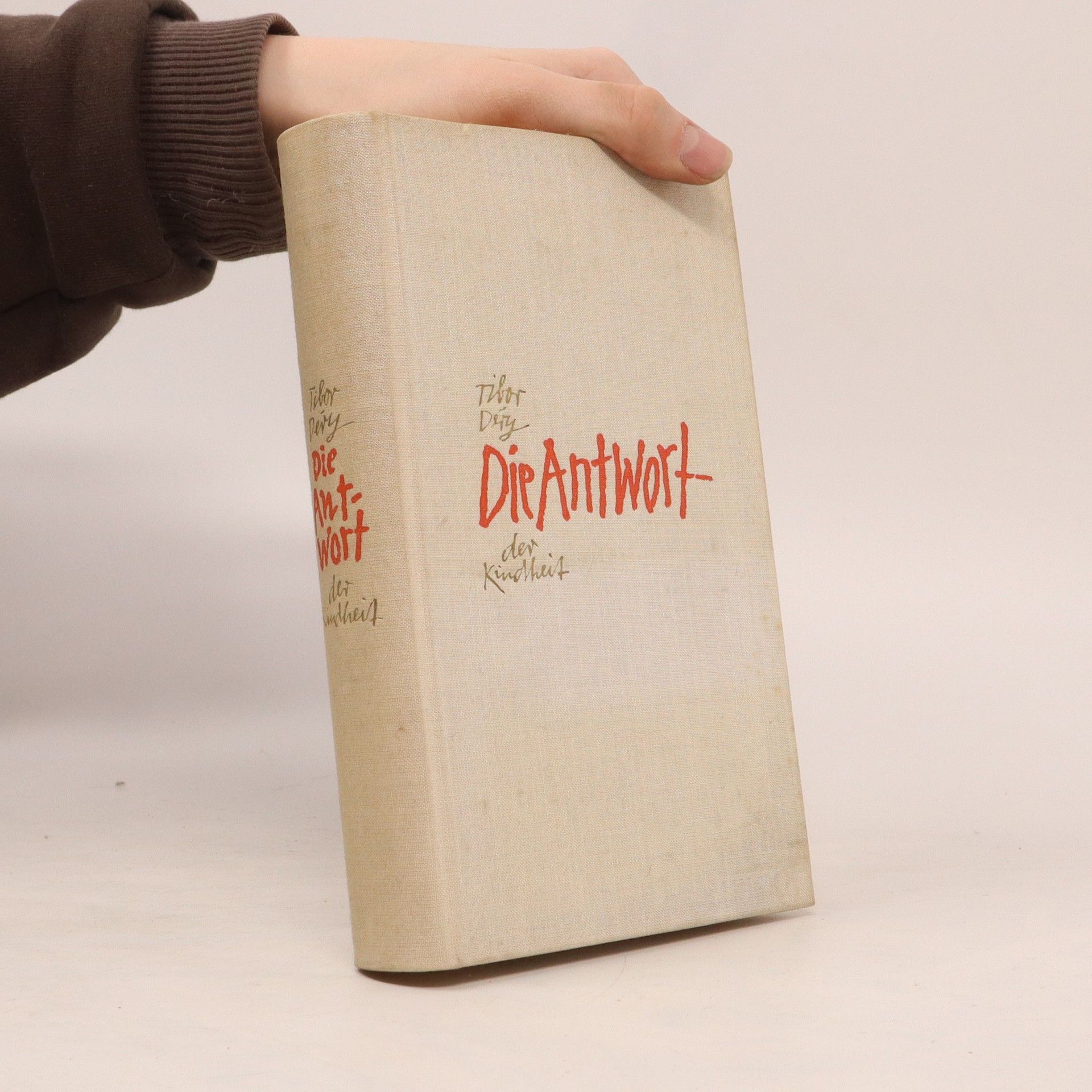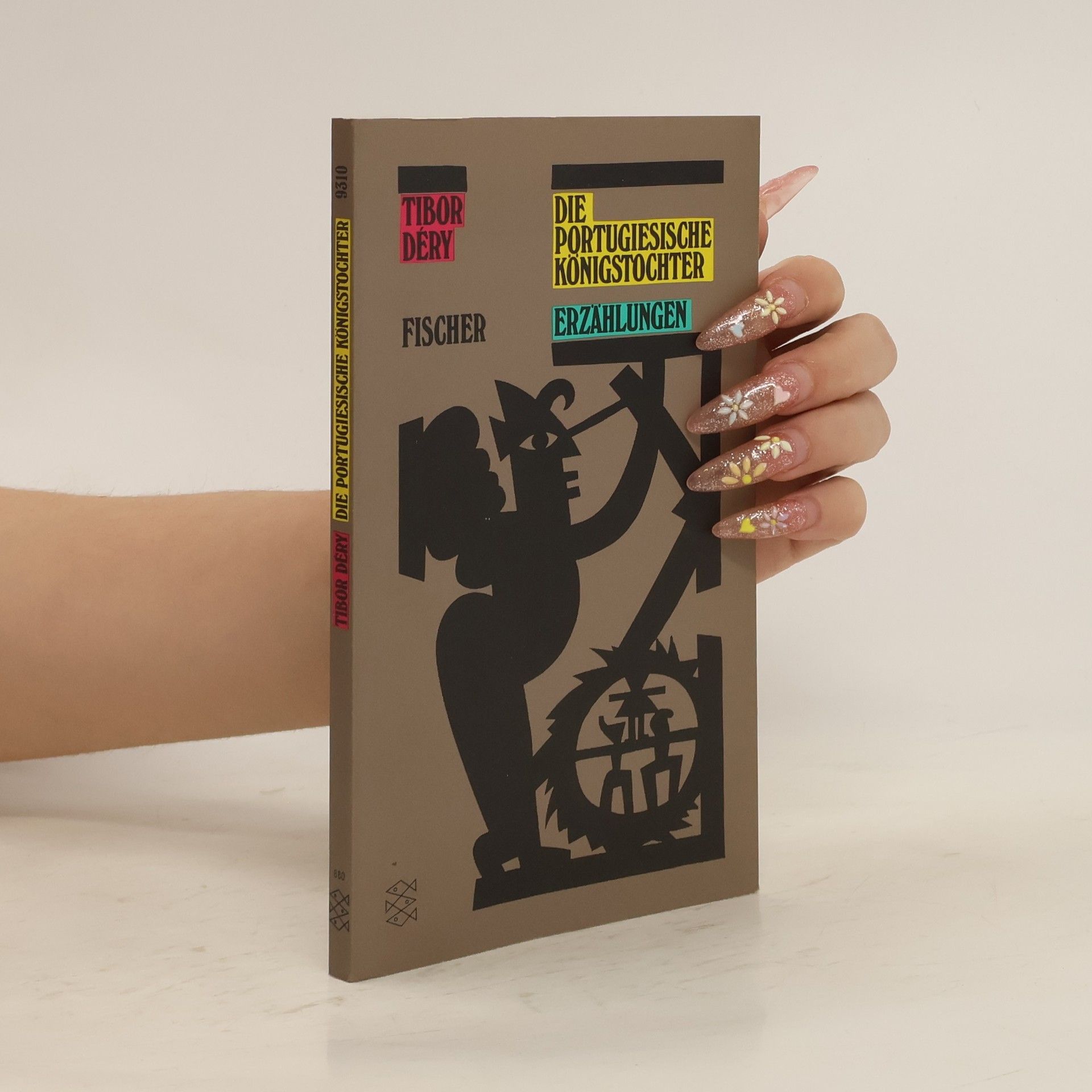Liebe/Love
- 108 pages
- 4 hours of reading
Tibor Déry was a Hungarian writer renowned for his sharp satire of the communist regime in Hungary. His works, often rooted in personal experience with political oppression, delve into the absurdity and hardship of life under totalitarian rule. Déry masterfully employed irony and humor to expose truths about human nature under extreme circumstances. His novels and stories are cherished for their profound psychological insight and literary style, earning him recognition as a significant voice of his era.







Der Roman ›Der unvollendete Satz‹ ist aufs engste verknüpft mit der politischen Geschichte Ungarns in den zwanziger und dreißiger Jahren. Während in den Budapester Salons der Familie Parcen-Nagy und in dem mondänen Badeort Dubrovnik eine Gesellschaft ihren Glanz entfaltet und während eine Finanzkrise die Budapester Industrie zwingt, ihre Fabriken zu schließen, formiert sich in den Elendsvierteln der Stadt der Widerstand der Unterdrückten gegen die Ungerechtigkeit des Systems.(Dieser Text bezieht sich auf eine frühere Ausgabe.)
Erzählungen 1931-1975